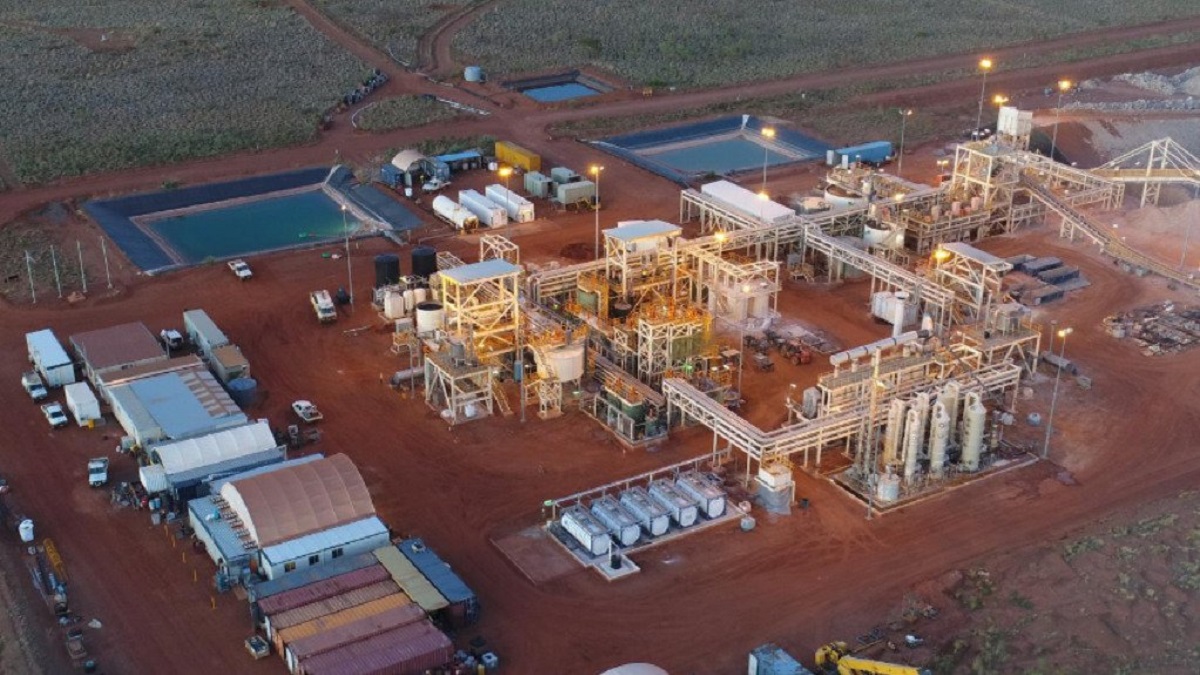China’s grip on critical minerals tightens despite US-Australia push
BY Insider Desk
October 25, 2025

Mining stocks in Australia rallied this week after a landmark $4 billion deal between US President Donald Trump and Australian Prime Minister Anthony Albanese aimed at expanding mining and processing of rare earths and other strategic minerals.
Trump declared that within a year, “we’ll have so much critical minerals and rare earths that you won’t know what to do with them.”
The bilateral pact is part of a growing international effort to curb dependence on Beijing, which produces over 90 per cent of the world’s refined rare earths and magnets—materials essential for electric vehicles, electronics, renewable energy, and precision-guided weapons.
Analysts at Goldman Sachs estimate the total global rare earths market at just $6.5 billion in 2024 but warn that even a 10 per cent supply disruption could result in $150 billion in losses across industries.
Despite widespread rhetoric that rare earths are plentiful, fewer than half of the 17 elements are easily mined and refined. The more valuable medium and heavy rare earths—used in high-performance magnets and defense systems—are almost entirely sourced from China and Myanmar.
Australia has made strides toward diversification. Earlier this year, Lynas Rare Earths became the first company outside China to commercially produce separated dysprosium and terbium.
Yet analysts caution that developing new mines in Madagascar, Greenland, Vietnam, and elsewhere could take up to a decade, while refining capacity—where China dominates with a 98 per cent global share—requires another five years to build and scale.
Beijing has further tightened its grip. This month, it announced sweeping export controls granting Chinese authorities expanded oversight over 12 types of rare earths and related processing technologies.
The new rules, taking effect in December, will even cover products containing trace amounts of Chinese-origin materials or those made using Chinese equipment, effectively extending Beijing’s regulatory reach beyond its borders.
The restrictions give China powerful leverage ahead of trade talks with Washington, making it more difficult for Western firms to secure alternative supply chains or circumvent controls through re-exports.
The Pentagon has pledged $1 billion to rebuild national stockpiles of critical minerals, but such efforts are unlikely to offset China’s entrenched advantage in the near term.
Following Beijing’s 2024 ban on exports of germanium and gallium to the United States, both metals reportedly continued reaching American companies via re-export hubs such as Belgium—underscoring how complex and pervasive China’s control over the mineral supply chain remains.
Tags:
Most Read

Electronic Health Records: Journey towards health 2.0

Making an investment-friendly Bangladesh

Bangladesh facing a strategic test

Understanding the model for success for economic zones

Bangladesh’s case for metallurgical expansion

How a quiet sector moves nations

Automation can transform Bangladesh’s health sector

A raw material heaven missing the export train

A call for a new age of AI and computing
You May Also Like
